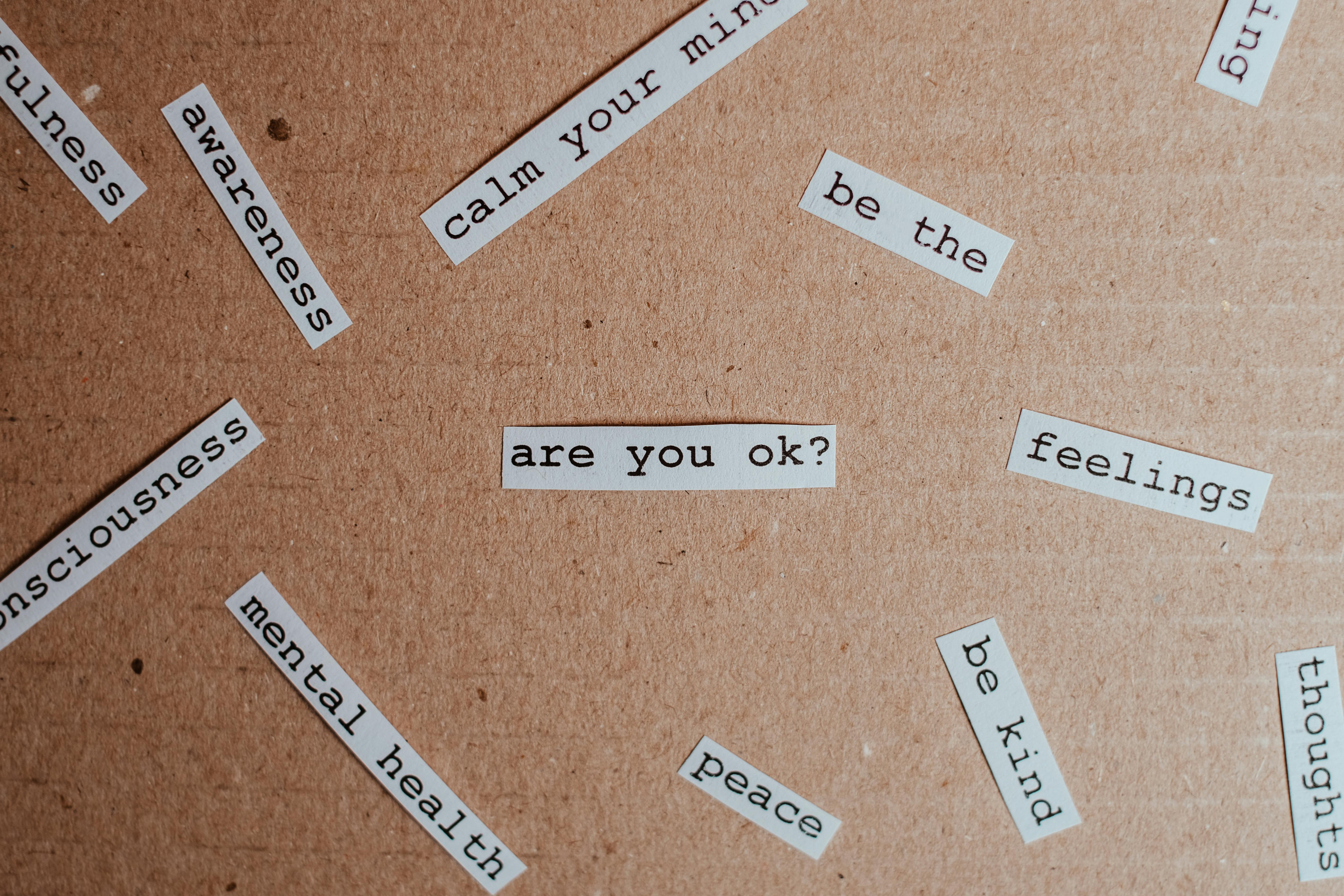
Mental Health Awareness Month: Managing Student Stress and Anxiety
School years should be a time of growth, discovery, and excitement as students get to taste the world and all its possibilities. Yet this time often comes with its share of negative emotions, too. The American Institute of Stress reports that 75% of high school students and 50% of middle school students are consistently stressed by schoolwork, while 70% of U.S. teens (aged 13-17) consider anxiety and depression to be major problems among their peers.
Mental Health Awareness Month is the perfect time to highlight student mental health and take a closer look at how these issues affect learners in every corner of the nation. In this article, we’ll also explore strategies for managing student anxiety and stress, particularly in homeschool environments.
Examining Student Stress and Anxiety
Across the nation, stress and anxiety levels among learners continue to rise. Researchers have linked this trend to several factors, including academic expectations, social pressures, and a 24/7 digital culture that can heighten self-comparison. Some students internalize these demands more acutely than others, experiencing recurring worries about grades or struggles to meet perceived standards of success. In certain cases, these issues begin as mild tension but can escalate if left unaddressed, affecting both emotional and physical well-being.
Recognizing the Impact of Stress and Anxiety on Students
Stress and anxiety carry significant consequences that ripple throughout a student’s life. These effects include:
- Reduced focus and productivity: When anxious thoughts dominate, it becomes difficult to concentrate on tasks or retain important information.
- Lower academic performance: Prolonged stress can disrupt study habits, leading to missed assignments or last-minute cramming.
- Strained relationships: Anxiety may prompt students to withdraw from friends or lash out at family members, creating friction at home or in social circles.
- Declining physical health: Persistent stress can weaken the immune system, trigger insomnia, or contribute to unhealthy eating habits.
Simple Strategies to Support Student Mental Health
Practicing mindfulness in daily routines can help students maintain perspective and find steadiness during chaotic moments. A few activities include:
- Deep breathing exercises: Controlled breathing calms the nervous system and promotes a sense of balance.
- Journaling: Writing down fears and concerns allows learners to process emotions more effectively, often shedding light on possible solutions.
- Physical activity: Exercise releases endorphins, which can alleviate tension and improve overall mood.
Educators and parents can also provide structured environments that reduce uncertainty. Daily schedules, clear assignment guidelines, and consistent feedback help students understand expectations and feel supported. Encouraging students to set realistic goals rather than chasing perfection can mitigate pressure, reduce burnout, and foster resilience.
Empowering Homeschool Learners to Improve Their Mental Health
Homeschooling offers families the flexibility to customize education, but it also brings unique responsibilities. Parents who serve as primary teachers may become overwhelmed by juggling lesson planning, household duties, and extracurricular activities. Students might feel isolated without peers to interact with daily, which can amplify stress or anxiety.
There are several ways to bolster mental well-being in a homeschool environment:
- Incorporate group learning: Form or join a homeschool co-op where students can engage in cooperative activities and social events.
- Plan regular breaks: Introducing short, frequent pauses in the schedule helps prevent mental fatigue.
- Encourage autonomy: Allow learners to take ownership of certain tasks, such as selecting research topics or helping organize materials.
- Seek professional guidance: Sometimes, a neutral third party — such as a counselor or therapist — can be instrumental in addressing deep-seated worries.
Mixing structure with flexibility builds a supportive homeschool environment. Remember, children and teenagers thrive on consistent routines, but they also benefit from space to explore personal interests and develop self-directed learning habits.
Maintaining a Supportive Home Atmosphere
Fostering emotional safety at home involves open communication. Checking in regularly rather than waiting for clear signs of distress creates an environment where students feel comfortable voicing concerns. Families might also create a dedicated quiet zone where anyone can take a break from noise and overstimulation. By proactively addressing stress, parents can model healthy coping techniques and cultivate resilience in their children.
Families should acknowledge that each learner’s journey is distinct. Some students require extra time to adjust to changes or cope with personal setbacks. Being supportive, patient, and empathetic can go a long way toward alleviating anxieties, especially for those navigating academic uncertainties or juggling extracurricular commitments.
Tiers Free Academy: A Uniquely Supportive Homeschool Program
When looking for resources that empower families and learners, Tiers Free Academy offers unique pathways to success. Led by Dr. Annise Mabry, Tiers Free Academy extends a helping hand to learners seeking an alternative approach to education, ensuring they receive the support, mentorship, and encouragement needed to realize their full potential. By embracing personalized solutions and fostering a nurturing learning environment, Tiers Free Academy is an impactful solution for families aiming to cultivate positive mental health outcomes and academic excellence.
Learn more about Tiers Free Academy and our Thrive With Pride diploma program for transgender students of color to see how we can support improved student wellness today!
The Dr. Annise Mabry Foundation is dedicated to improving our community by enhancing education opportunities, promoting synchrony between law enforcement and constituents, and encouraging community engagement. Our programs and initiatives include the Southwest GA Community Policing Resource Center and the Tiers Free Academy, a homeschool cooperative for students in grades 9-12 that provides an alternative diploma program for homeless LGBTQ+ youth, human trafficking survivors, youth aging out of foster care, youth aging out of the public school system, youth previously under the supervision of the Department of Juvenile Justice, and high school dropouts. To learn more about our offerings or support our work, consider subscribing to our newsletter or donating today!



No Comments
Sorry, the comment form is closed at this time.